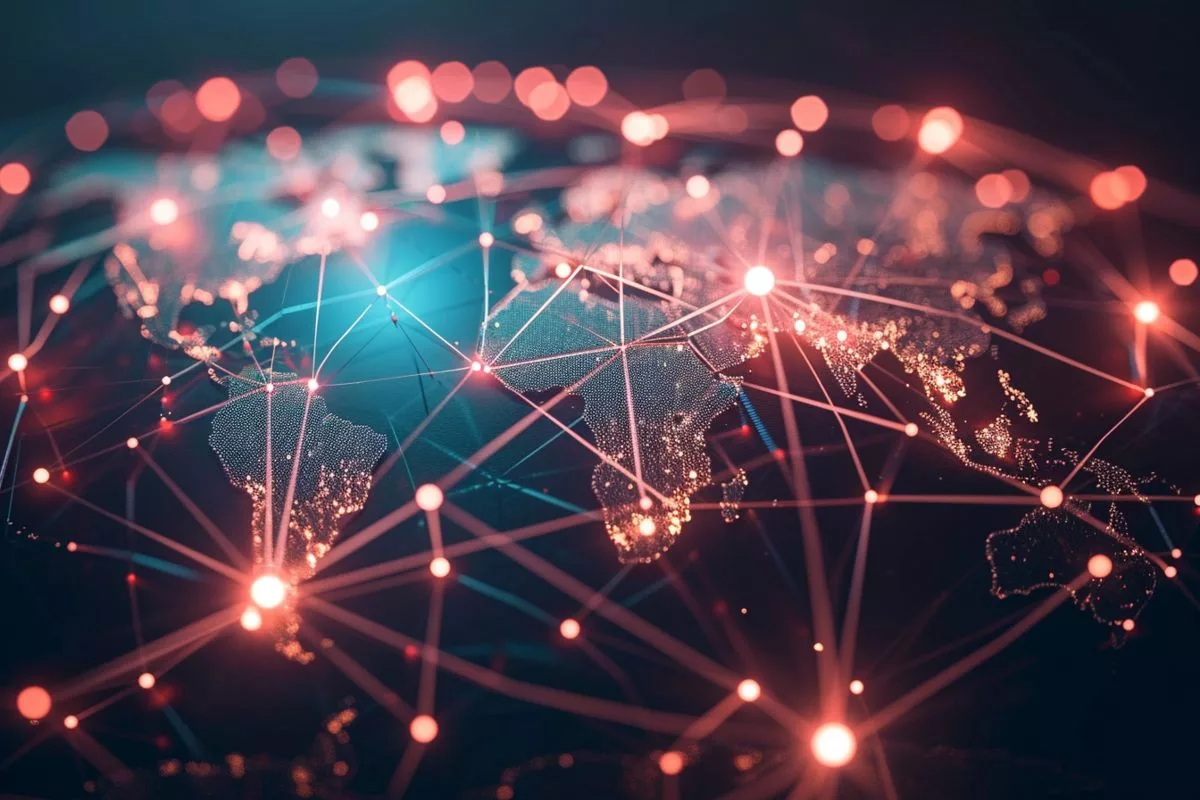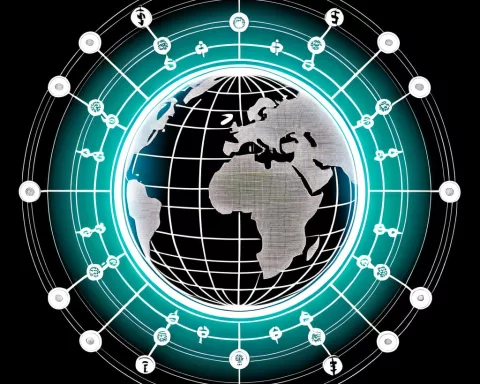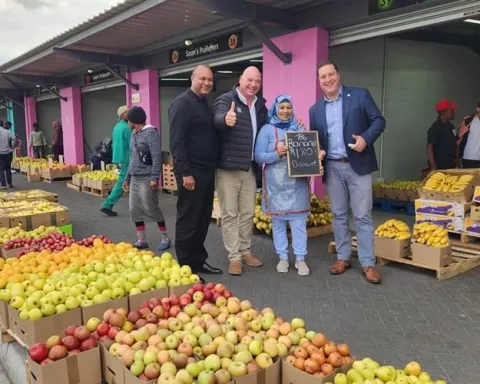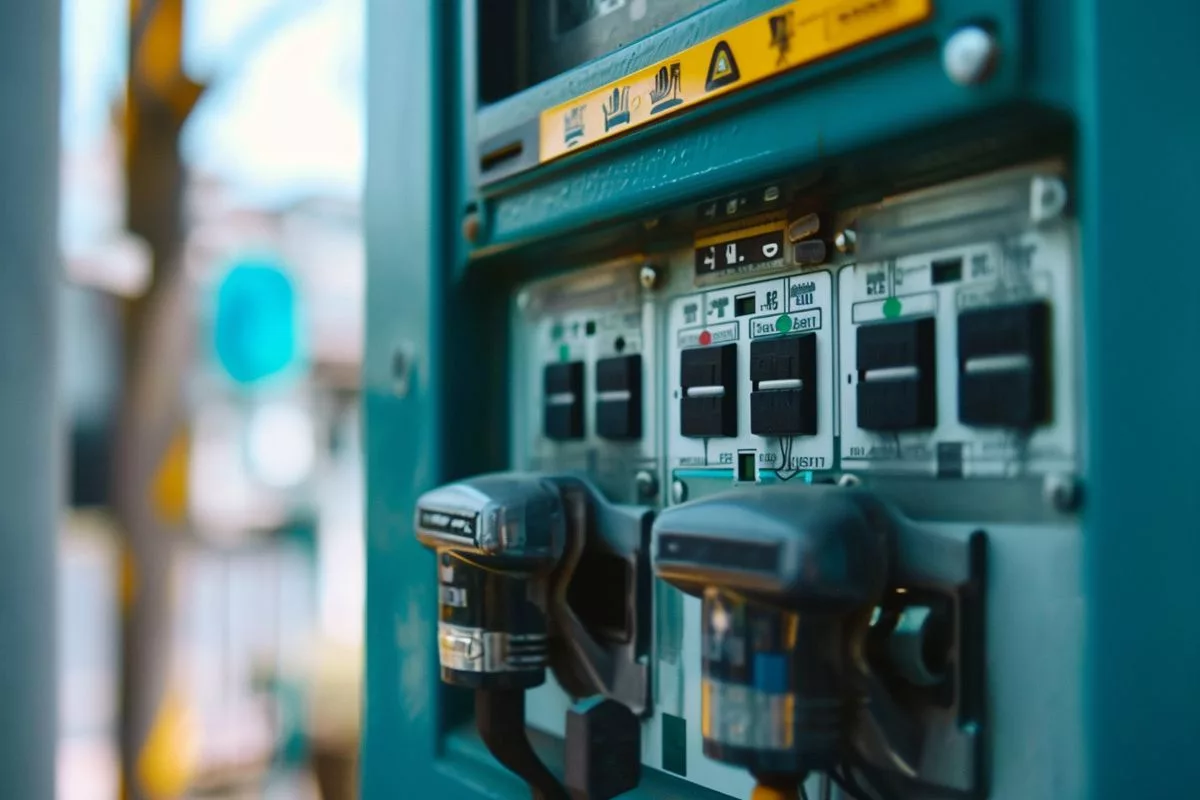The recent derailment in Richards Bay, South Africa, has had global implications, highlighting the fragility and resilience of interconnected trade networks. This incident serves as a reminder of the importance of robust infrastructure and collaboration in navigating logistical challenges. It also underscores the impact of global economic interconnectedness and the need for resilience in challenging times. As Transnet works to rectify the disruption, the world is reminded of our shared interests and mutual dependencies in keeping the world moving.
The derailment of two trains outside Richards Bay, South Africa, has had far-reaching global implications that highlight the interconnectedness of the world’s trade networks. Transnet, the state-owned enterprise responsible for freight rail, ports, and pipelines, was suddenly thrust into the spotlight, highlighting the need for resilience in the face of logistical challenges.
The Fragility and Resilience of Global Trade Networks
The recent derailment in South Africa disrupted not only local operations but also sent shockwaves across the interconnected world. The incident highlighted the fragility and resilience of global trade networks, requiring swift recovery in the face of logistical challenges.
The Impact of Global Economic Interconnectedness
The incident outside Richards Bay underscores the profound impact of global economic interconnectedness. Numerous countries, particularly island nations like Cyprus, are greatly dependent on maritime transport, making them vulnerable to disturbances occurring in other parts of the world.
The Role of Infrastructure in the Global Trade Network
The derailment is more than just a local challenge; it touches energy strategies in the EU and the economic stability of nations like Cyprus. It serves as a potent reminder that the strength of global trade networks lies in their weakest link, including the need for robust infrastructure.
The Importance of Collaboration in Navigating Logistical Challenges
International trade agreements, like the one between the EU and South Africa, play a crucial role in navigating the complexities arising from incidents like the Richards Bay derailment, ensuring goods continue to cross oceans.
The Need for Resilience in Challenging Times
Public sentiment, as reflected through social media reactions to the derailment, underscores the vital role of Transnet in South Africa’s economy. Amid the chatter, there is an appreciation for the organization’s historical efficiency and a rallying cry for resilience in challenging times.
The Richards Bay derailment serves as a potent reminder that the ties that bind us aren’t only the tangible steel and stone of our infrastructure but the shared interests and mutual dependencies. As Transnet works to rectify the disruption, the world watches, cognizant of the collective resilience required to keep the world moving.
1. What is the Richards Bay Derailment and why is it important?
The Richards Bay Derailment refers to the incident where two trains derailed outside Richards Bay, South Africa, resulting in significant disruption to the global trade network. It is important because it highlights the fragility and resilience of interconnected trade networks, and the need for robust infrastructure and collaboration to navigate logistical challenges.
2. What are the global implications of the Richards Bay Derailment?
The Richards Bay Derailment has had far-reaching global implications, highlighting the impact of global economic interconnectedness and the need for resilience in challenging times. Numerous countries, particularly those dependent on maritime transport, are greatly vulnerable to disruptions occurring in other parts of the world.
3. What role does infrastructure play in the global trade network?
The strength of global trade networks lies in their weakest link, including the need for robust infrastructure. The Richards Bay Derailment serves as a potent reminder of this, with energy strategies in the EU and the economic stability of nations like Cyprus being impacted by the disruption.
4. How important is collaboration in navigating logistical challenges?
Collaboration plays a crucial role in navigating the complexities arising from incidents like the Richards Bay Derailment, ensuring goods continue to cross oceans. International trade agreements, like the one between the EU and South Africa, are crucial in this regard.
5. Why is resilience important in challenging times?
Resilience is important in challenging times because it helps organizations and economies weather disruptions and continue to function. The Richards Bay Derailment underscores the need for resilience in the face of logistical challenges and highlights the importance of organizations like Transnet in maintaining economic stability.












